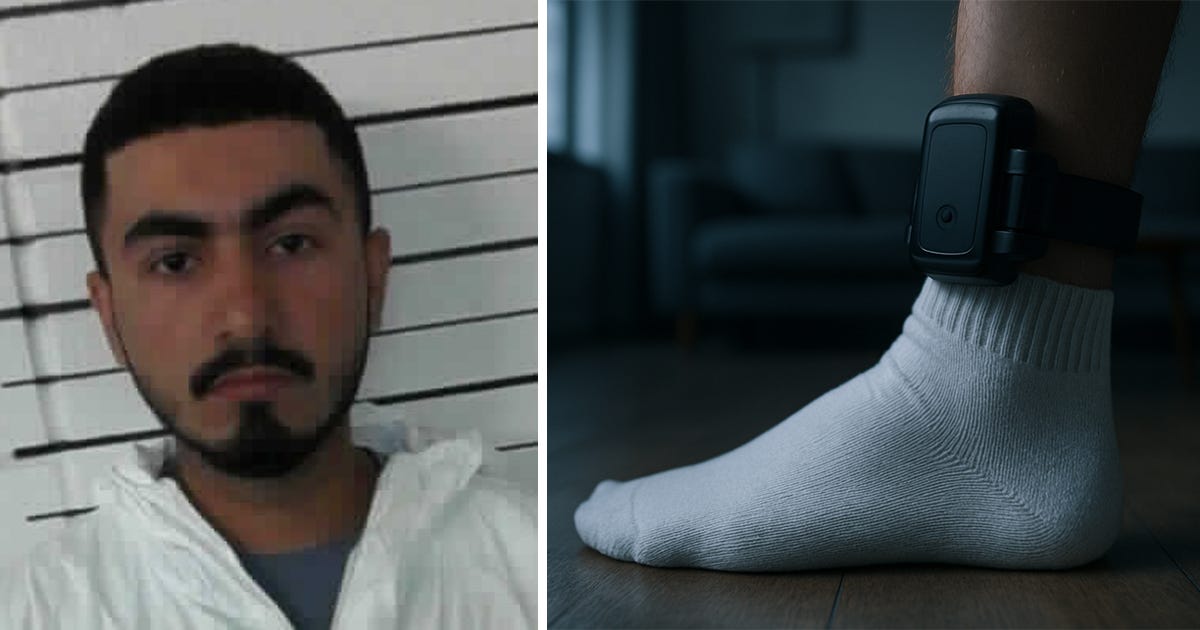The victim may have angered her brother-in-law and other family members so much that it made them believe that she had transgressed this Qur’anic dictate: “And it is not fitting for a believing man or a believing woman, when Allah and his messenger have settled a matter, that they should claim any say in the matter, and whoever is rebellious to Allah and his messenger, he indeed goes astray in obvious error.” (Qur’an 33:36)
In the Qur’an, a mysterious figure, known as Khidr in Islamic tradition, kills a boy in an apparently random and gratuitous attack. He then explains: “And as for the boy, his parents were believers, and we feared that he would overburden them by transgression and disbelief. So we intended that their Lord should substitute for them one better than him in purity and nearer to mercy.” (18:80-81)
And according to Islamic law, “retaliation is obligatory against anyone who kills a human being purely intentionally and without right.” However, “not subject to retaliation” is “a father or mother (or their fathers or mothers) for killing their offspring, or offspring’s offspring.” (Reliance of the Traveller o1.1-2).
Muslims commit 91 percent of honor killings worldwide. The Palestinian Authority gives pardons or suspended sentences for honor murders. Iraqi women have asked for tougher sentences for Islamic honor murderers, who get off lightly now. Syria in 2009 scrapped a law limiting the length of sentences for honor killings, but “the new law says a man can still benefit from extenuating circumstances in crimes of passion or honour ‘provided he serves a prison term of no less than two years in the case of killing.’” And in 2003 the Jordanian Parliament voted down on Islamic grounds a provision designed to stiffen penalties for honor killings. Al-Jazeera reported that “Islamists and conservatives said the laws violated religious traditions and would destroy families and values.”

17-Year-Old Girl Murdered in ‘Honor Killing’ in Iran
Iran Wire, July 24, 2025:
A 17-year-old girl was killed by her brother-in-law and other family members in what authorities are describing as an “honor killing” in Iran’s Kerman Province.
Zahra Shakari was murdered on Sunday in the village of Khabar by her sister’s husband and other relatives, who claimed they were “preserving family honor,” according to the Hengaw Organization for Human Rights.
The family staged the scene to make it appear that Shakari had died by suicide, after she entered a relationship with someone outside the family, Hengaw reported….
The location where her body was found hanging was too high for someone of her height to reach unassisted….
Shakari had previously told the person she was in a relationship with that her sister and brother-in-law had threatened her….
In 2023, Shargh newspaper reported that at least 165 women were killed by male relatives between 2021 and 2023, with 27 of those murders occurring in the first three months of 2023 alone – many classified as “honor killings.”
These figures reflect only reported cases – the actual numbers are believed to be significantly higher.
In Islam, you can be forcibly married at nine years old to a man many times your age, but at 17 you still have no right to choose a husband for yourself. The life of a woman of Islam! And yet, many women defend it as though it were true.








